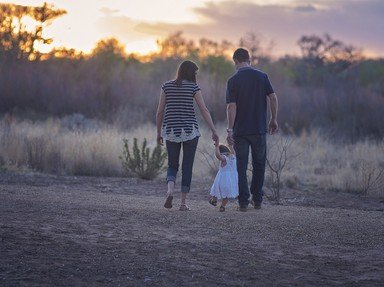Quiz Answer Key and Fun Facts
1. According to authorities on grief counseling, when talking to a person who has lost a loved one, should you acknowledge the bereaved's loss or avoid mentioning it?
2. When talking to a grieving person, is it recommended to share one of your happy memories of the departed?
3. "How are you doing?" - "Do you want to talk about it?"
Which of these questions is it acceptable to ask a grieving person?
4. Should you reassure the bereaved that whatever they are feeling is okay?
5. In which of these ways might you be able to support the bereaved around the funeral?
6. How can you best show your eagerness to help while respecting the agency and independence of a bereaved person?
7. It seems such a small thing. Does it actually do any good to tell a grieving person you're thinking of them?
8. To show compassion for a grieving person, sometimes all you need to do is sit quietly with that person.
9. Knowing what to say to a grieving person is important, but knowing what NOT to say may be even more important. Which of these statements may be counterproductive or hurtful?
10. Grieving and coping to a bereaved person are ongoing processes. Which of the following should you continue to offer the bereaved beyond the first few months after their loss?
Source: Author
Catreona
This quiz was reviewed by FunTrivia editor
trident before going online.
Any errors found in FunTrivia content are routinely corrected through our feedback system.
